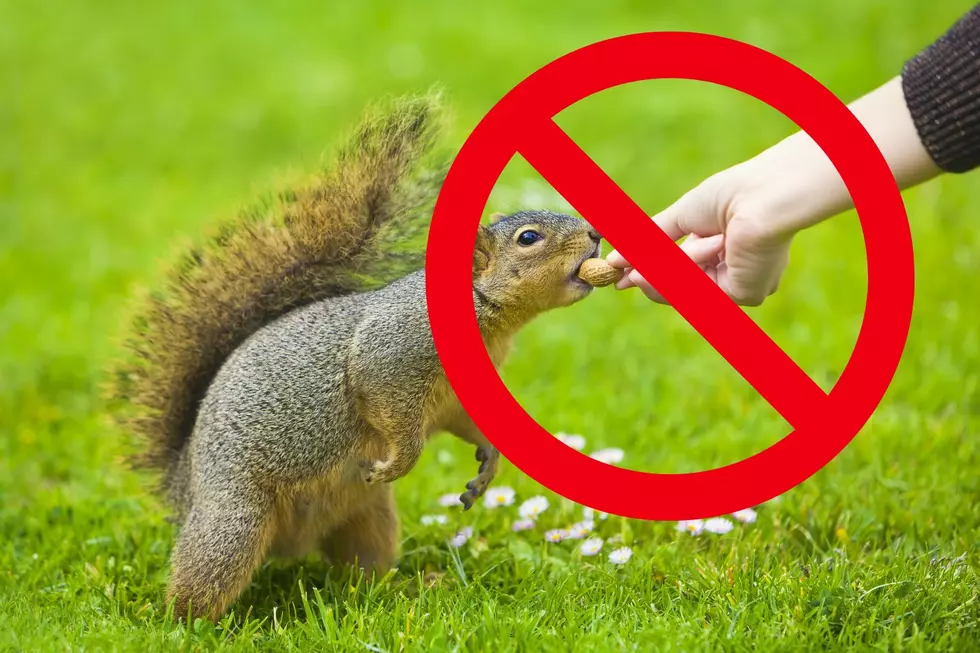
Harmless OK Fisheries Post Turns Into Environmental Debate
Occasionally, the Oklahoma Department of Wildlife Conservation will post to their social media to let anyone following have a look at the work they do for the average outdoor lover in the state. Sometimes it's hunting, other times it's about fishing... it really just depends on the season and what our state biologists and game wardens are up to.
Their most recent post is a peek into a workspace where a few of Oklahoma's fishery workers are busy building fish attractants... It didn't take long before the comments erupted into a bunch of narcissistic and egotistical arguments over whose opinion is right...
I think it's fairly obvious, people just don't understand that social media has devalued the individual opinion to the point that none of them matter anymore... but the question of whether these fabricobbled fish attractants are, in fact, good or bad for nature.
On the face of it, you would expect that anything the wildlife department is choosing to place in nature is either overall good for, or at least neutral to the environment. As plastics have been such a hot topic in recent years, it's a fair question if not improperly stated as both fact & opinion in the original post.
A quick google would tell anyone that yes, all plastics leach chemicals to some effect into water... but there's a huge difference in that leaching effect depending on which plastic is used.
In the picture, your average five-gallon type utility bucket is being used as the anchor vessel. These are made of HDPE - High Density Polyethylene... same stuff they make milk jugs and similar things out of. While there is a low-level leach process that "can" happen under the ideal conditions, HDPE is the most widely used "food safe" plastic on earth.
The structure that protrudes from these buckets is made out of PEX - Cross-Linked Polyethylene... a generally stable and very strong poly-plastic that can stand up to hard use for a long time. While it differs between manufacturers, some brands are known to leach up to 75 different chemicals through regular use... but leaching 75 chemicals is nearly nothing in the grand scheme of plastics.
Look at those trendy plastic reusable water bottles... Just because they say things like "BPA Free" doesn't mean they don't leach. In recent tests, these bottles have been found to release thousands of chemicals into regular old water... some of which scientists can't identify. Honestly, this study will have you tossing out pretty much all of your plastic kitchenware...
Does pointing out the bad in one plastic absolve the accusations of another? No... but making the best with what you have isn't intentionally "poisoning" our bodies of water.
Nearly every material is going to leach something, it's the natural course of how things work in the natural world.
Iron rusts and rots, eventually becoming base elements again. Aluminum is too dang expensive. Plastics aren't ideal but work so well in the changing needs of those looking to use it, and the rest of us are just sitting around and eating popcorn waiting for the inevitable hoard.
Either way, I'm off-topic. It costs zero dollars to remain chill in the worst situations. It might just save your reputation.
Goosebumps and other bodily reactions, explained
More From KLAW-FM










